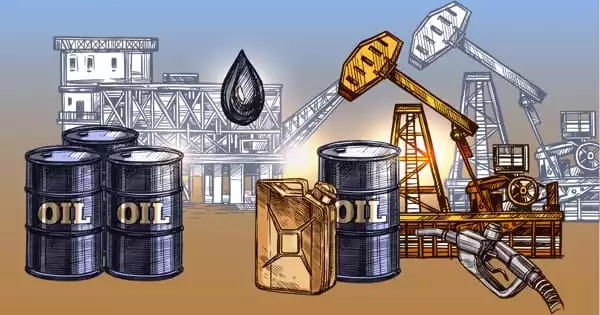In modern history, the Industrial Revolution was the transition from an agrarian and handicraft economy to one dominated by industry and machine production. The Petroleum Movement was a libertarian and syndicalist leaning workers’ revolution that took place in Alcoy, Alicante, Spain in 1873. The incident is known as the Petroleum Revolution because the workers, who were desperate due to living conditions, brought ordinary petroleum-soaked torches. According to chroniclers, the city stank like petroleum back then.
The nineteenth century was a time of fast industrialization and significant change. The iron and steel industry gave birth to new building materials, railroads linked the country, and the discovery of oil supplied a new source of fuel. The discovery of the Spindletop geyser in 1901 propelled the oil industry to new heights. Within a year, more than 1,500 oil companies had been chartered, and oil had become the dominating fuel of the twentieth century, as well as an important part of the American economy.
Due to the bad status of the workers, who organized themselves and were pioneers in the founding of the International Workingmen’s Association (AIT) in Spain, this situation placed the city of Alcoy on the frontlines of the social battles of this age. During the Petroleum Revolution, workers seized control of the city for several days in July 1873, as part of a countrywide strike that eventually turned into a riot against the republican mayor Agust Albors (better known as Pelletes). During the revolution, Albors gave the order to fire on demonstrators, who retaliated by storming the town hall, executing the mayor, and trapping the rest of the municipal authority within.
The city declared its independence and was ruled by the Committee of Public Health, presided over by Severino Albarracn, from 9–13 July 1873. The demonstrators called for a succession of salary raises and a reduction in the length of the workday. Finally, the insurrection ended with the intervention of the federal troops and military possession of the city, harsh repression of the revolutionaries, and little progress for the working class. More than 600 workers, including adolescents aged 12 to 17, were put on trial. Many of those charged were sentenced to death.
Coal was the lifeblood of the Industrial Revolution, but its usage came at a heavy cost. Killer fogs swept over London and other cities, coal miners endured long hours for pitiful earnings, and gains in life expectancy were sacrificed in the name of economic progress. For decades, coal reigned supreme; nothing seemed to be able to lessen its value to industry.















